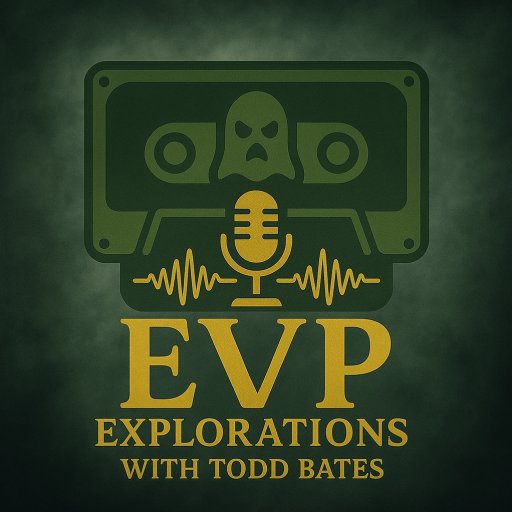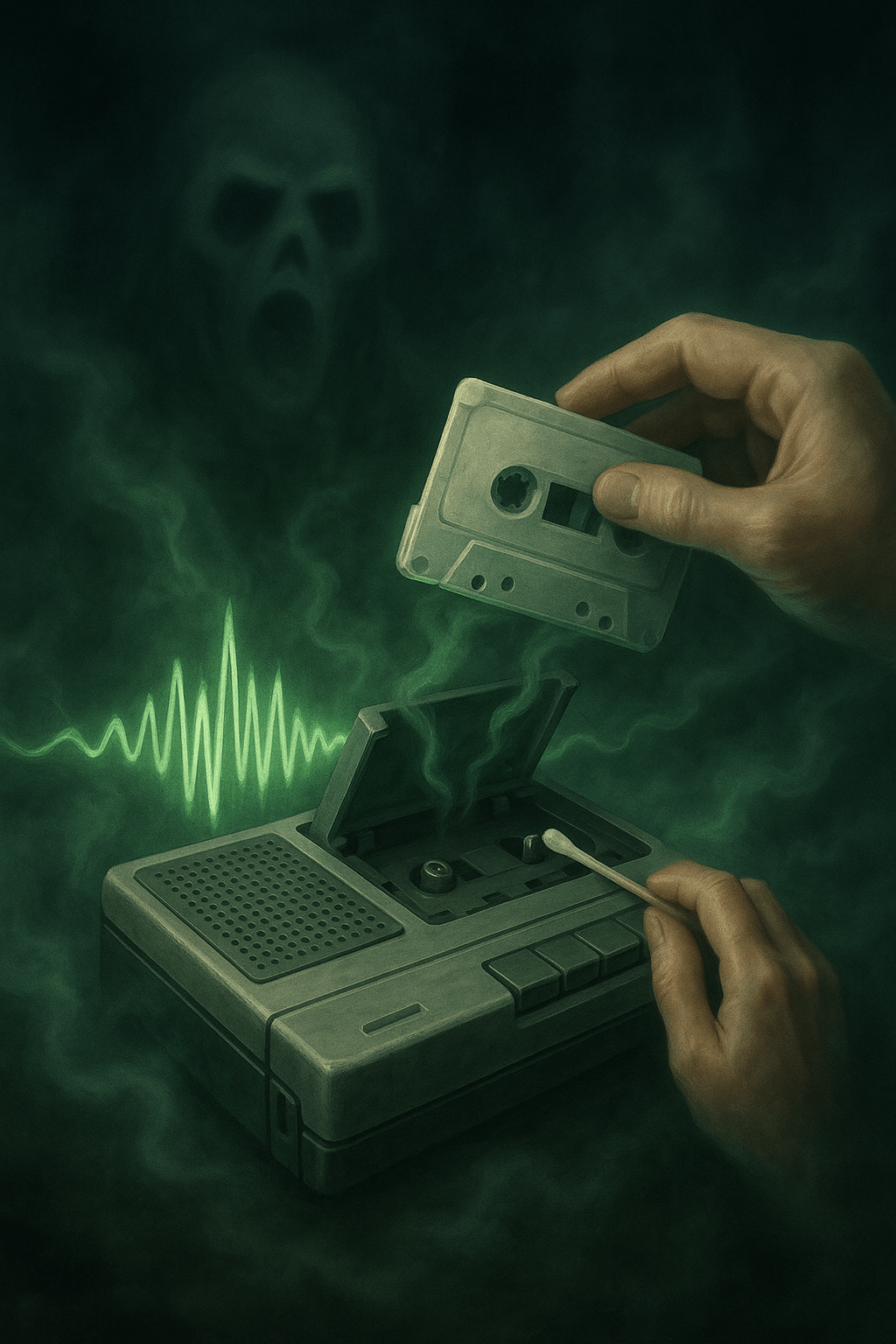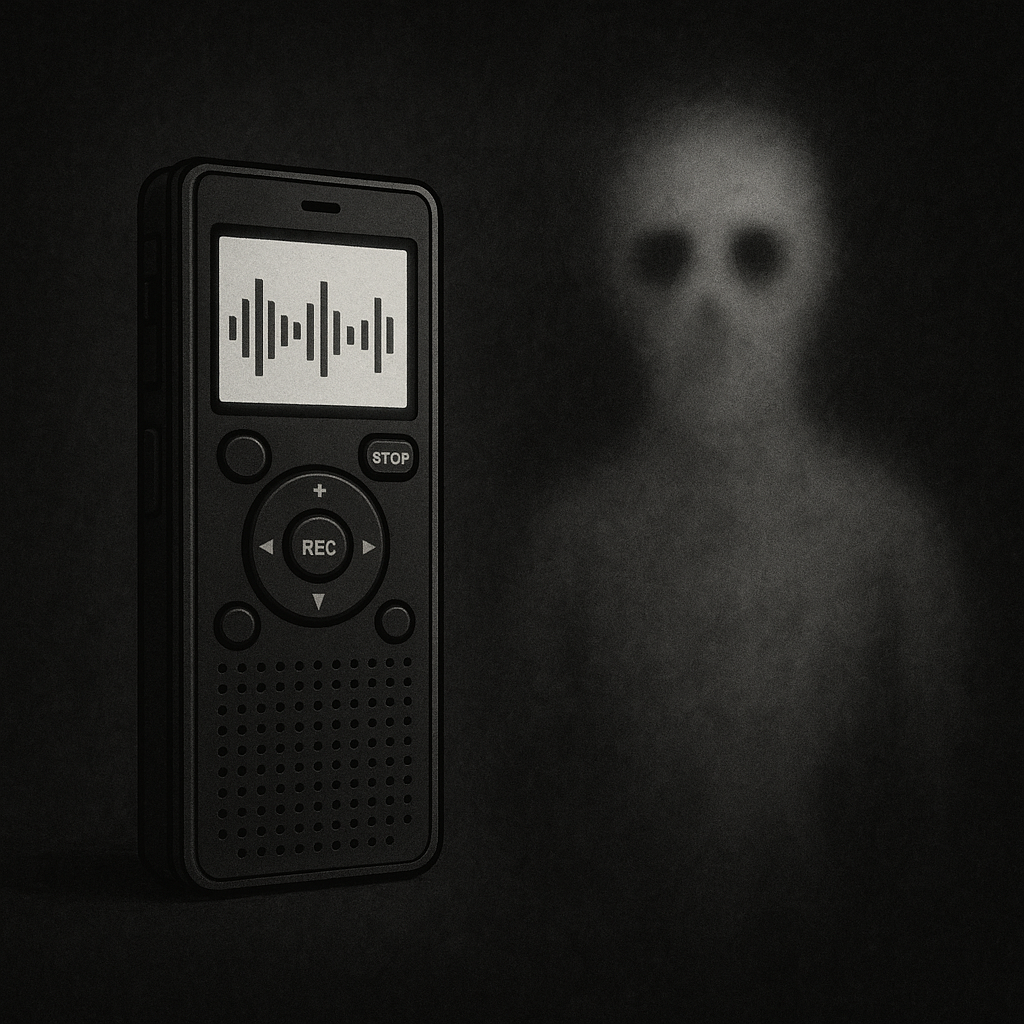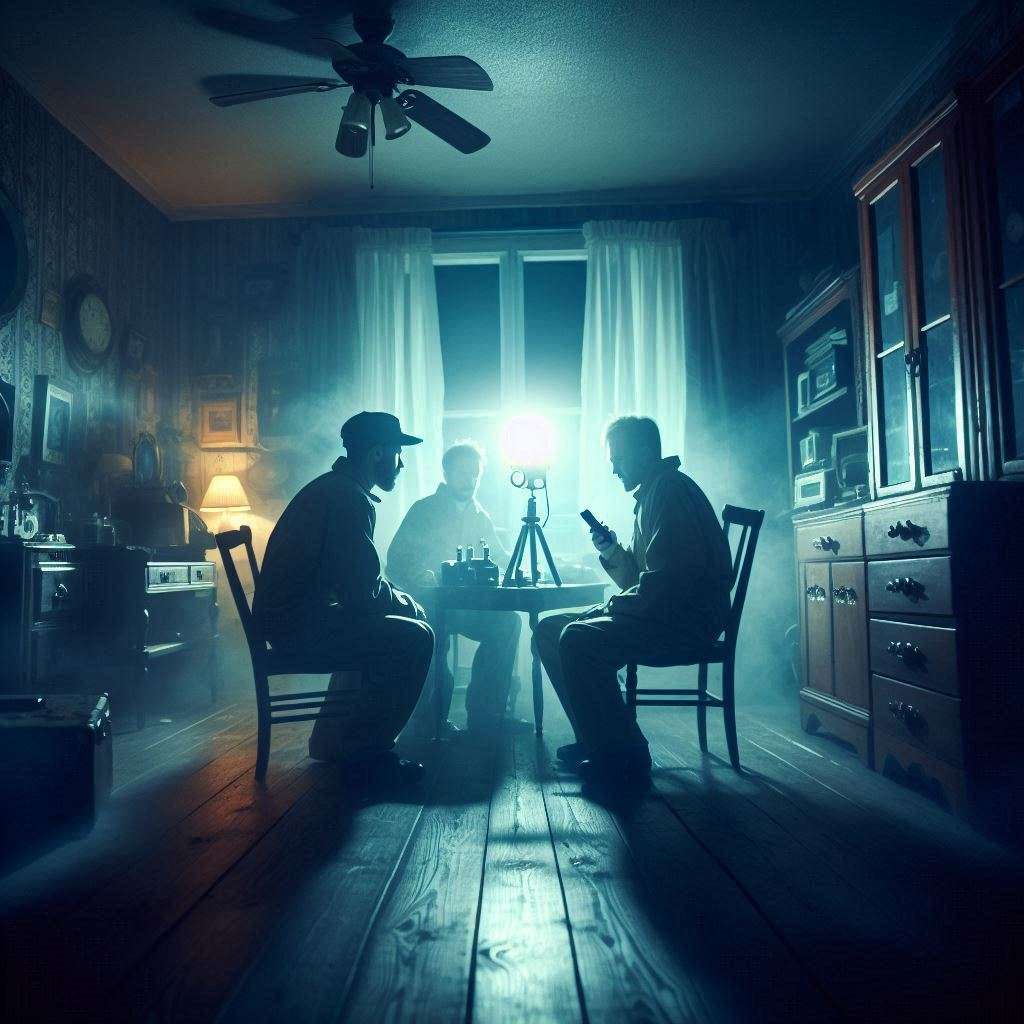Unlocking the Past: The Fundamentals of Using Analog Recorders for Your EVP Sessions
In the digital age, the convenience and clarity of modern digital audio recorders have become the norm for paranormal investigators. Yet, for those willing to delve into the mysteries of the past, analog recorders—such as cassette tape recorders—offer a fascinating and sometimes overlooked method of capturing Electronic Voice Phenomena (EVP). These devices bring a different texture to paranormal research, with some investigators reporting that analog recordings yield a unique class of voices or sounds that are harder to explain or replicate with digital technology.
This article explores the fundamentals of using analog recorders for EVP sessions, why they may produce different results, and how you can effectively integrate them into your paranormal research.
Why Use Analog Recorders for EVP?
- Physical Medium Interaction
- Unlike digital recorders, which convert sound waves into binary data, analog recorders store sound through magnetic fluctuations directly imprinted onto a tape. Some EVP researchers speculate that spirits may interact more easily with magnetic tape, potentially imprinting energy-based communication more effectively.
- Audible “Noise Floor”
- Analog recordings naturally include tape hiss and background noise, which can serve as a canvas where anomalous sounds—such as EVPs—seem to manifest. This audio texture may help reveal voices or noises that could be filtered out by digital noise-reduction algorithms.
- Temporal Imprinting
- The theory of “psychic imprinting” on magnetic media suggests that emotional energy or environmental stressors may be more easily captured on analog tape. Some investigators associate this with a higher rate of anomalous audio capture under emotionally charged conditions.
- Retroactive Communication Theories
- In some fringe areas of paranormal theory, analog recorders are thought to allow for retrocausal phenomena—communication across time itself. While unproven, such theories fuel interest in the analog format for deep research.
Selecting the Right Analog Recorder
Not all cassette recorders are created equal. For EVP work, consider the following when choosing your equipment:
- Built-in Mic vs. External Mic Input
- A recorder with a mic input allows you to use higher-quality or directional microphones, giving you more control over what you’re recording.
- Mechanical Simplicity
- Simpler recorders with fewer electronic filters or noise-reduction features are often preferable. Many EVP researchers believe automatic gain control (AGC) or voice activation can interfere with spirit voices.
- Mono vs. Stereo
- Either format can work, but mono recorders often provide more consistent results. Stereo recorders might allow you to track directionality if using two mics.
- Speed and Tape Quality
- Use high-bias (Type II) or metal (Type IV) tapes when possible for better fidelity. Ensure your recorder has a standard playback speed (1 ⅞ ips) to maintain compatibility with other players.
Preparing for a Session with Analog Equipment
- Test and Calibrate
- Before starting your session, test the recorder for playback quality and motor noise. Make sure the heads are clean and demagnetized, and check battery levels or plug into a wall adapter.
- Use Fresh or High-Quality Tape
- Avoid worn or previously used tapes to reduce the chance of contamination or false positives. Label tapes carefully and store them in a clean, EMF-free area.
- Mark the Start of the Session
- Announce the date, time, location, and participants into the microphone. This not only serves as documentation but also helps identify voices during review.
- Minimize External Noise
- Though tape hiss is expected, background talking, movement, or mechanical noises should be minimized. Consider using a windscreen if outdoors.
- Allow for Silence
- Leave 30–60 seconds of silence between questions to allow time for potential responses. This is crucial for giving entities time to “imprint” responses onto the tape.
Best Practices During the Session
- Stay Consistent
- Speak clearly and maintain a consistent volume and tone. Repeat key questions during the session and use emotionally neutral language unless intentionally attempting to provoke (with caution).
- Environmental Monitoring
- Document environmental conditions (temperature, humidity, EMF levels) to correlate with any anomalous recordings.
- Use Companion Devices
- Analog sessions pair well with trigger objects, spirit boxes, or EMF detectors to monitor possible activity spikes during recording.
Reviewing Analog EVP Recordings
- Playback in Real Time
- Use the same device or a high-quality cassette deck for playback. Real-time review helps maintain fidelity.
- Use Headphones
- Studio headphones (closed-back
Stay Connected with EVP Explorations!
Subscribe to our free newsletter for the latest updates, education, tips, investigation methods, and new articles—delivered right to your inbox.
Join today and keep exploring with us!

















